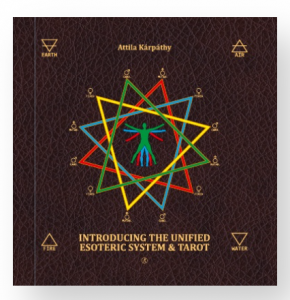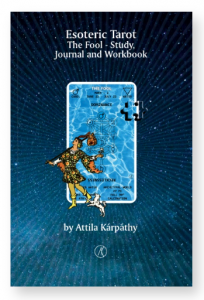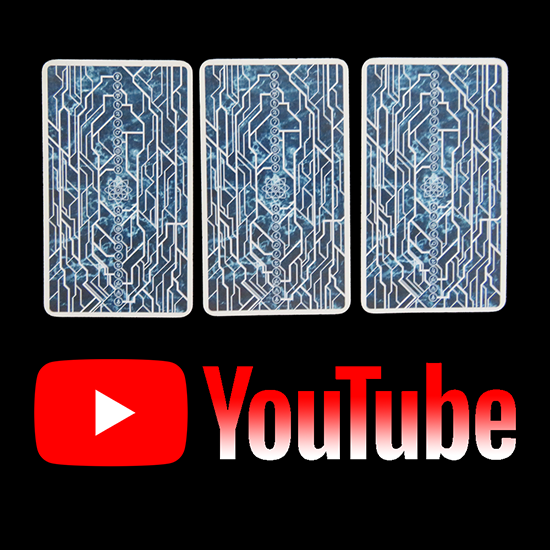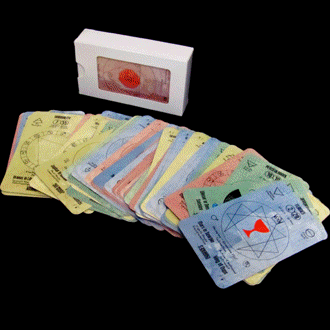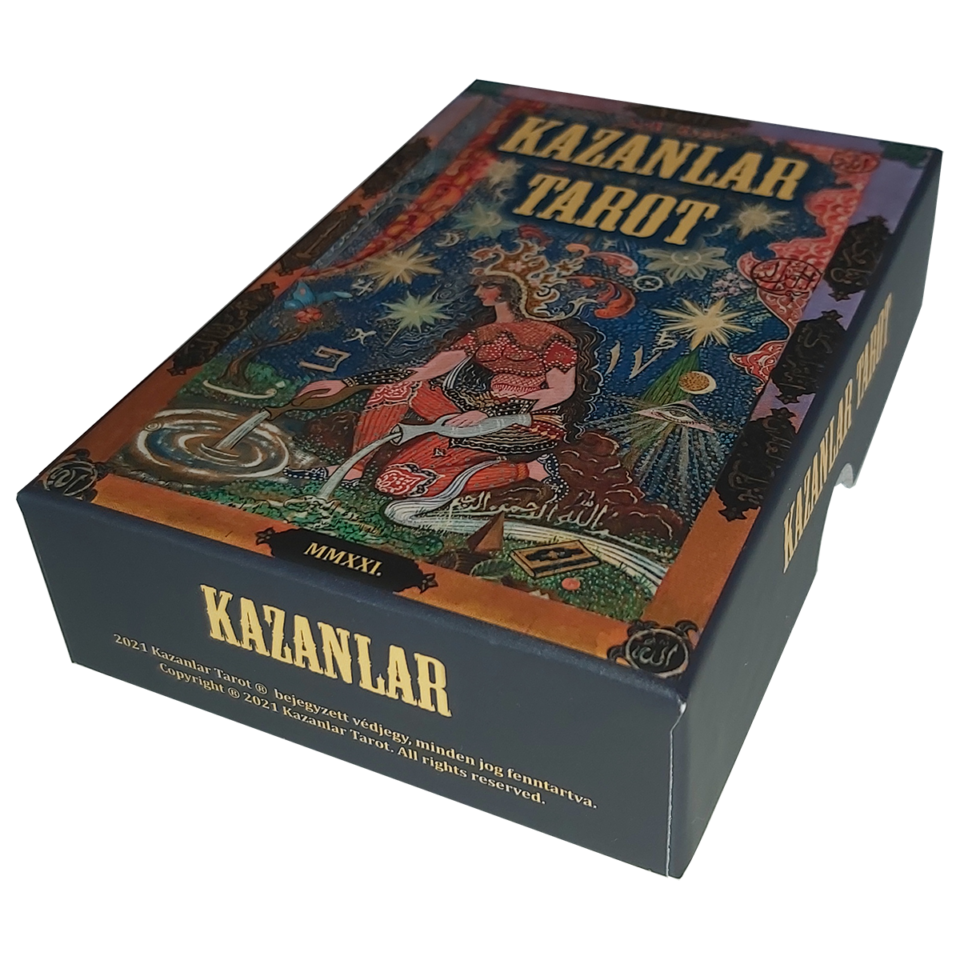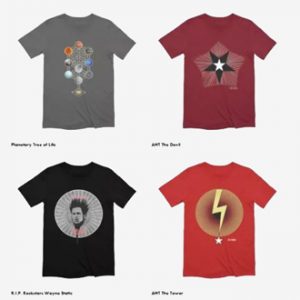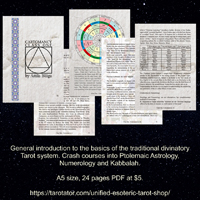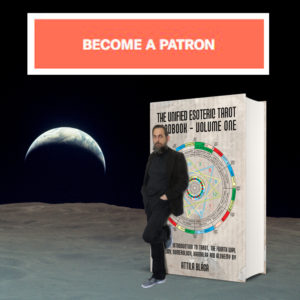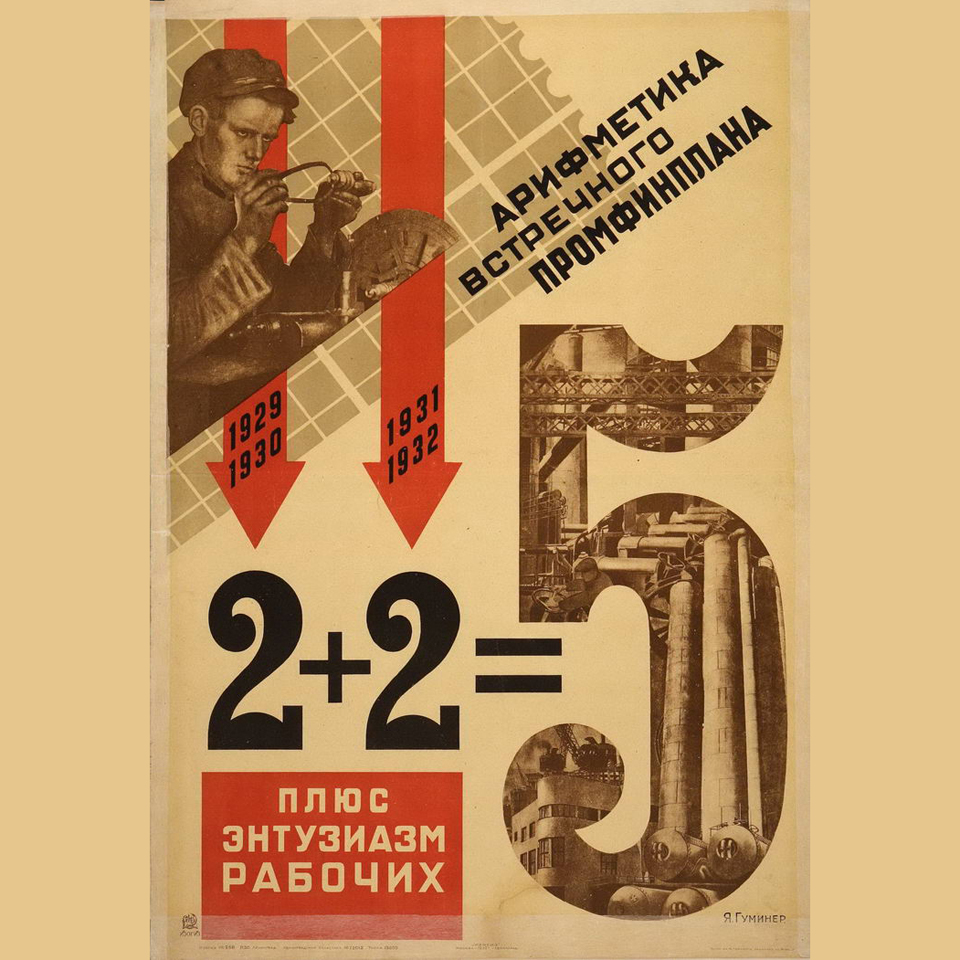
‘Do you remember,’ he went on, ‘writing in your diary, ‘Freedom is the freedom to say that two plus two make four’?’
‘Yes,’ said Winston.
O’Brien held up his left hand, its back towards Winston, with the thumb hidden and the four fingers extended.
‘How many fingers am I holding up, Winston?’
‘Four.’
‘And if the party says that it is not four but five – then how many?’
‘Four.’
The word ended in a gasp of pain. The needle of the dial had shot up to fifty-five. The sweat had sprung out all over Winston’s body. The air tore into his lungs and issued again in deep groans which even by clenching his teeth he could not stop. O’Brien watched him, the four fingers still extended. He drew back the lever.This time the pain was only slightly eased.
‘How many fingers, Winston?’
‘Four.’
The needle went up to sixty.
‘How many fingers, Winston?’
‘Four! Four! What else can I say? Four!’
The needle must have risen again, but he did not look at it. The heavy, stern face and the four fingers filled his vision. The fingers stood up before his eyes like pillars, enormous, blurry, and seeming to vibrate, but unmistakably four.
‘How many fingers, Winston?’
‘Four! Stop it, stop it! How can you go on? Four! Four!’
‘How many fingers, Winston?’
‘Five! Five! Five!’
‘No, Winston, that is no use. You are lying. You still think there are four.
How many fingers, please?’
‘Four! Five! Four! Anything you like. Only stop it, stop the pain!’
This small fragment from George Orwell’s novel Nineteen Eighty-Four, Part III, chapter Two, seems quite relevant in the current context.
Nineteen Eighty-Four is a dystopian novel written by George Orwell in 1948 describing how Orwell had imagined the world would look like thirty-six years later. Orwell’s vision presents a world where governments control every aspect and watch everyone’s lives. Many of his ideas, including Big Brother, Newspeak, Room 101 and unperson, became quite popular and integrated part of the modern culture.
It would be a challenging exercise to debate if Orwell was a visionary or someone found his work so impressive that decide that it has to transpose into reality. Not even Orwell would have imagined that people will give up willingly their privacy and will allow unlimited access to all their intimate details of their lives. Moreover, not only people will give up their privacy, but they will be happy to pay for their own surveillance. Reality always beats imagination!
The first known sympathetic reference to the equation two plus two make five appears in an 1813 letter by Lord Byron to his soon-to-be wife, Anabella Milbanke. Lord Byron writes, “I know that two and two make four – and should be glad to prove it too if I could – though I must say if by any sort of process I could convert two plus two into five it would give me much greater pleasure.”
In the quote from Nineteen Eighty-Four, Orwell describes how the main character from the book, Winston Smith, under torture, eventually admit that two and two make five.
Nowadays, no torture needed. Once again, Orwell’s vision was remarkably exceeded. Today is a common and widely accepted opinion that everything is relative, and everything is possible. Two plus two makes four, five, three, one or ninety-ninety-nine and everybody is concomitantly right. What truly frightens me is that nobody seems to be bothered by the absurdity of such a claim. The new ‘normal’ is the abnormal.

